People ask me if climbing is a good way to stay in shape; I tell them I stay in shape to be good at climbing!
Why do people climb? That is the question all instructors ask their students at the beginning of the climbing class we have here at High Trails. Most answers consist of “It’s for fun and adrenaline pumping!” or “It’s great exercise!”, and while these answers are true, there are many more reasons why people rock climb. Although rock climbing can take shape in many different forms and styles, all of them push your body and mind. Rock climbing provides many mental and physical benefits; let’s take a deeper look at the question of why people rock climb.
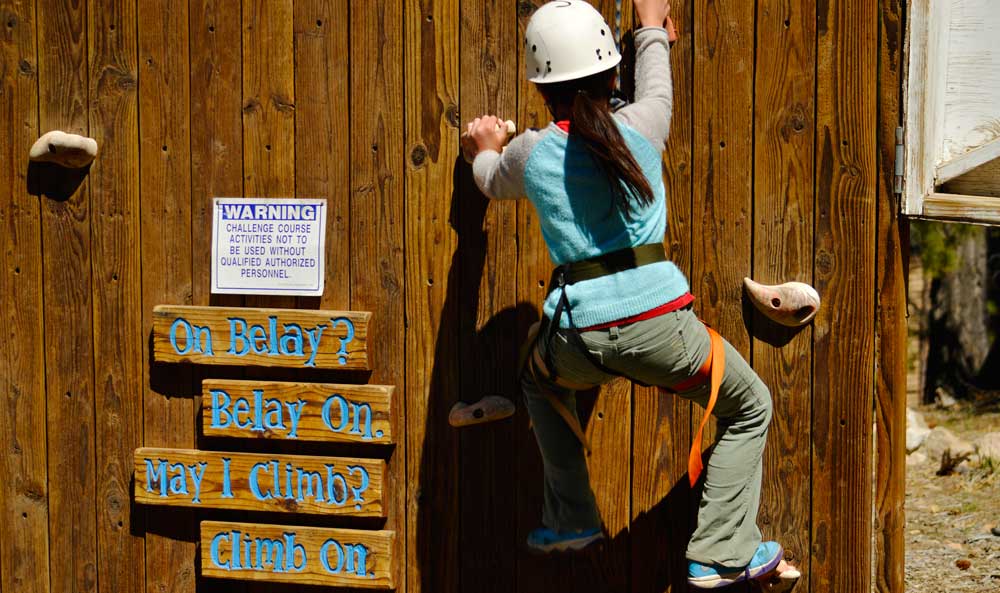
Physical Health Benefits
Rock climbing uses a plethora of different muscle groups, working almost every part of your body when you hop on the wall. When the class is taught, instructors stress how important your legs are, because many people believe that climbing is mainly in your arms. The muscles in your legs are much larger than the ones in your arms, and help push your body upwards, while the arms are used to hold yourself on the wall.
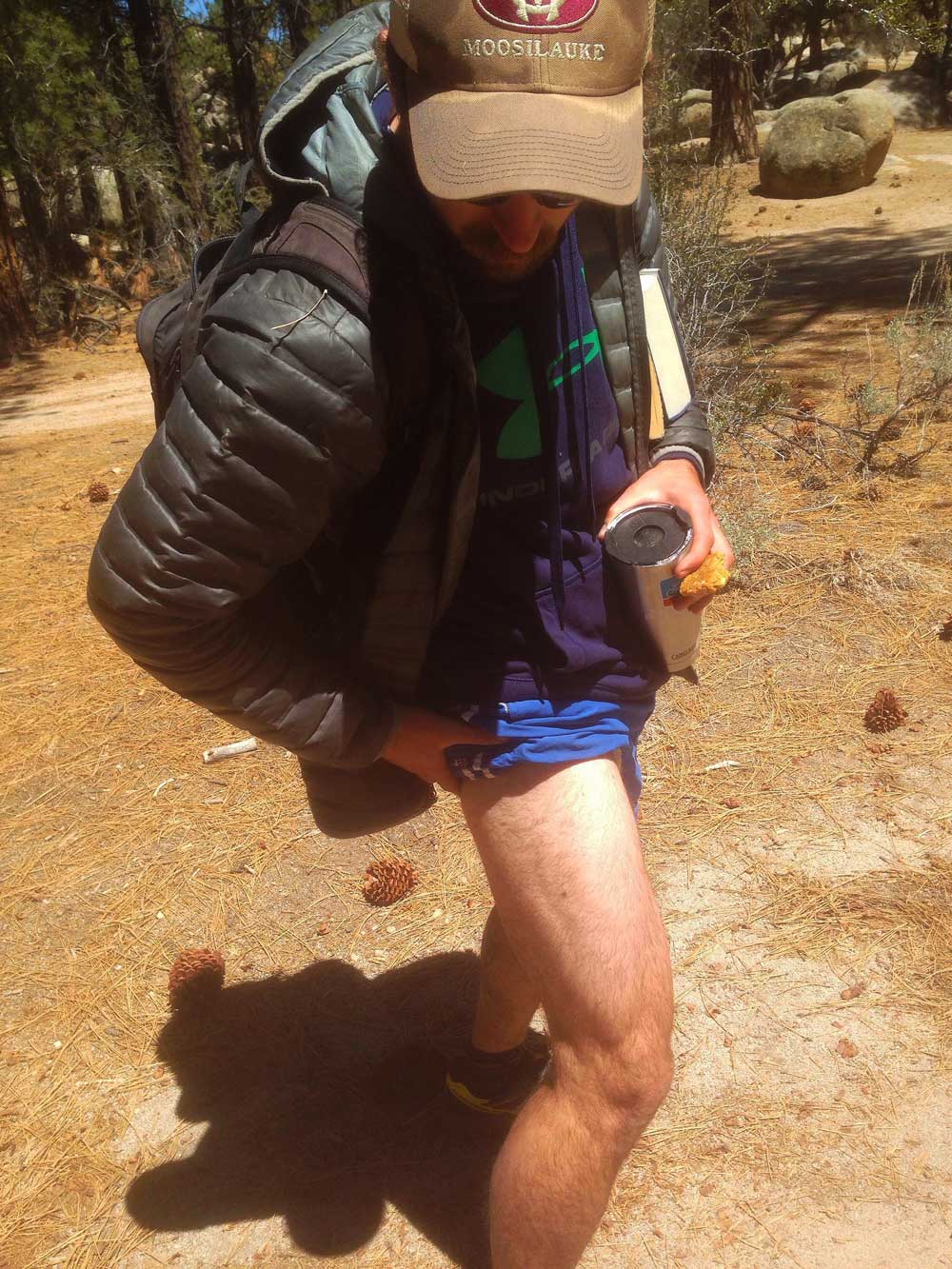 Extending past the arms and legs, climbing also engages your back, abdominal, shoulders, and hips. It is a search to find the perfect balance when using all of these muscles, trying not to overwork one, while not using another to its full potential. When one begins to climb, they work to find this balance on easier routes. As time goes on the climber perfects their techniques and takes these skills to more difficult routes. This requires them to refind this balance, as no two climbs are the same or done the same way.
Extending past the arms and legs, climbing also engages your back, abdominal, shoulders, and hips. It is a search to find the perfect balance when using all of these muscles, trying not to overwork one, while not using another to its full potential. When one begins to climb, they work to find this balance on easier routes. As time goes on the climber perfects their techniques and takes these skills to more difficult routes. This requires them to refind this balance, as no two climbs are the same or done the same way.
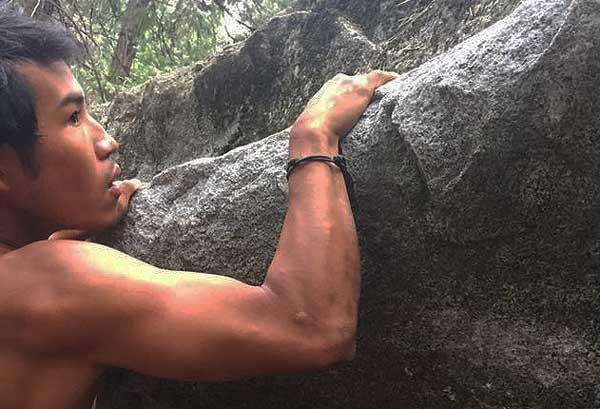
Pushing your limits requires one to consistently train, working hard to keep your body in good physical shape so the climbing becomes easier and easier. It is a constant cycle of exceeding your physical boundaries and finding new goals. Climbing improves every component of physical fitness which consists of cardiovascular endurance, muscle strength, muscle endurance, flexibility, and body composition 1. Rock climbing is a physically demanding sport and keeps your body healthy, in a fun, exciting, and challenging way.
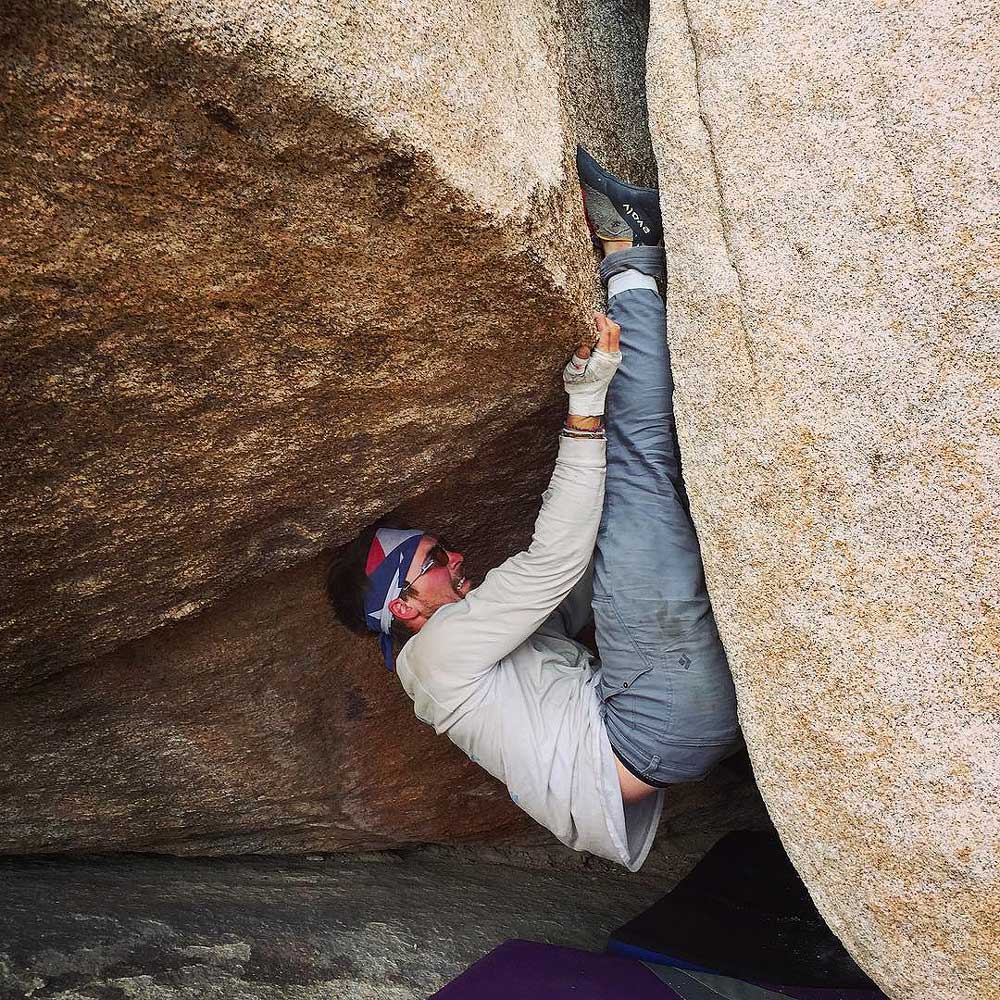
Mental Health Benefits
Many people believe that rock climbing is a purely physical sport. Although it does require intense usage of your muscles, it is equally as challenging on your mind. We tell our students that climbing is a “challenge by choice”, meaning that not everybody climbs, but when people do, it is a challenge that they place themselves in both mentally and physically 2.
Climbing is a constant battle of forcing your mind to stay cool and collected while placing yourself in scary, uncomfortable situations. When people tell themselves, as well as others, that “they can’t” or “that’s impossible” it puts a limit on where you think you can push your boundaries. There have been countless times that students have told me that there is absolutely no way they can pass the point they are at on the climbing wall. After a few words of encouragement and a little bit of advice, they usually get to the top! Going from the mindset of impossible to maybe, slightly possible is all one needs to push their limits and reach their goals. You could be one of the most physically fit people in the world, but if you don’t think you can do it, that mindset will absolutely keep you from doing it.
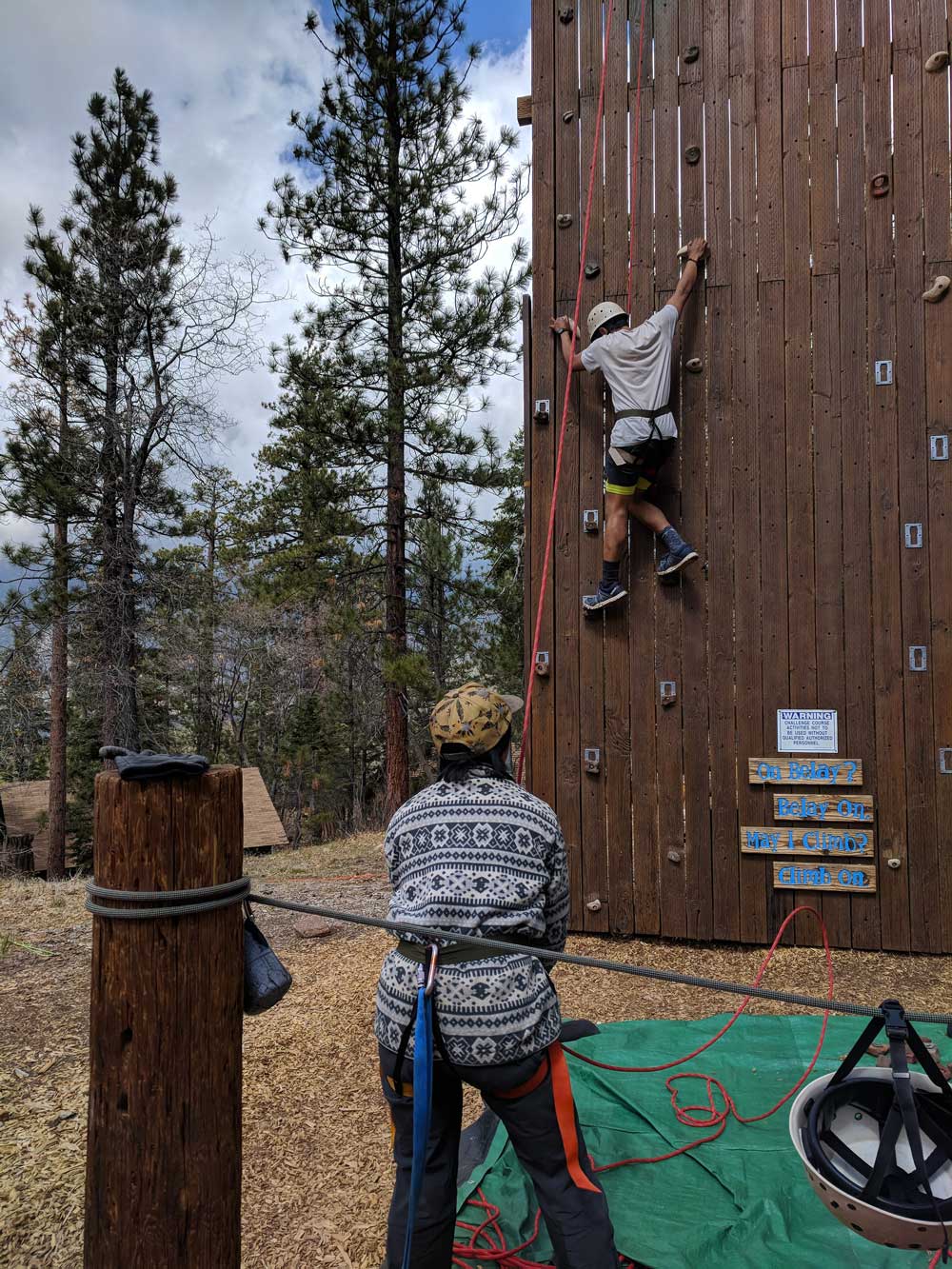
Climbing also helps you go places since most outdoor rock climbing is done in calm, serene environments. Being outdoors itself has a therapeutic effect on the mind, and this combined with the benefits of climbing, can create an extremely beneficial experience. Although the mental health benefits of climbing are more subtle, it can help strengthen and relax your mind, as well as improve your confidence by pushing your mental boundaries.
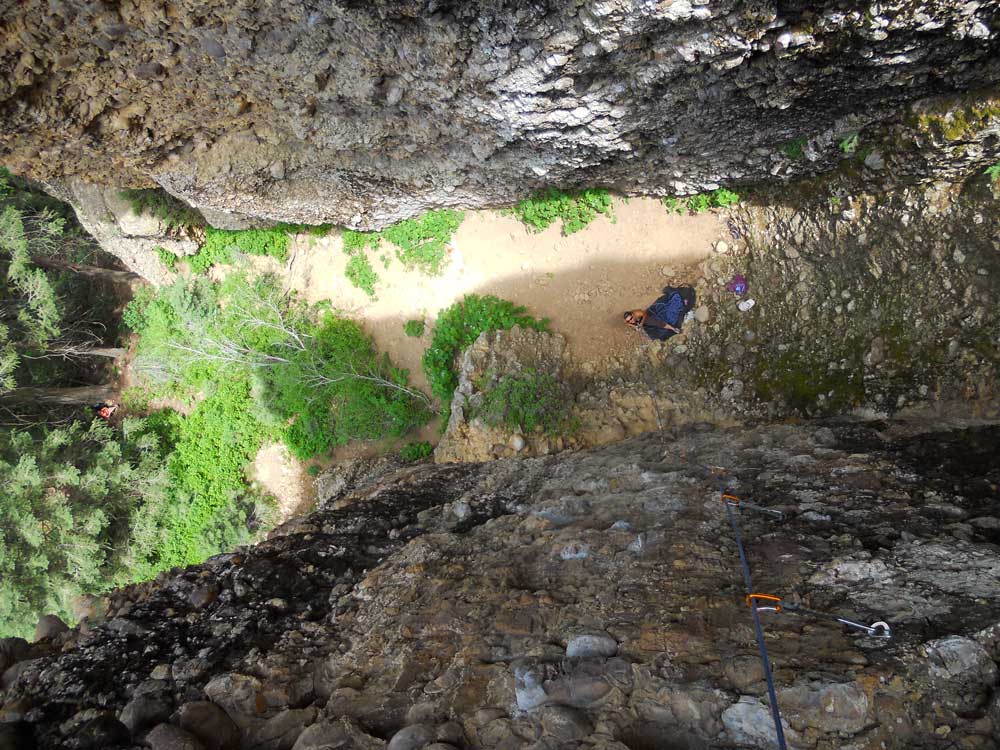
The question of why people climb has many answers. Climbing exercises both physical and mental components of the body at the same time and requires tough training to improve. It can be straining, yet therapeutic because you must work both your mind and body intensely at the same time. Finding the balance between the two can be applicable to everyday life, and helps with long term health 3. Why do people climb? For every individual the answer may be different, but the short and long term benefits are plentiful. The challenges of pushing yourself out of your comfort zone are the ones that you grow the most from. The most important reason to climb though, is always for fun!!
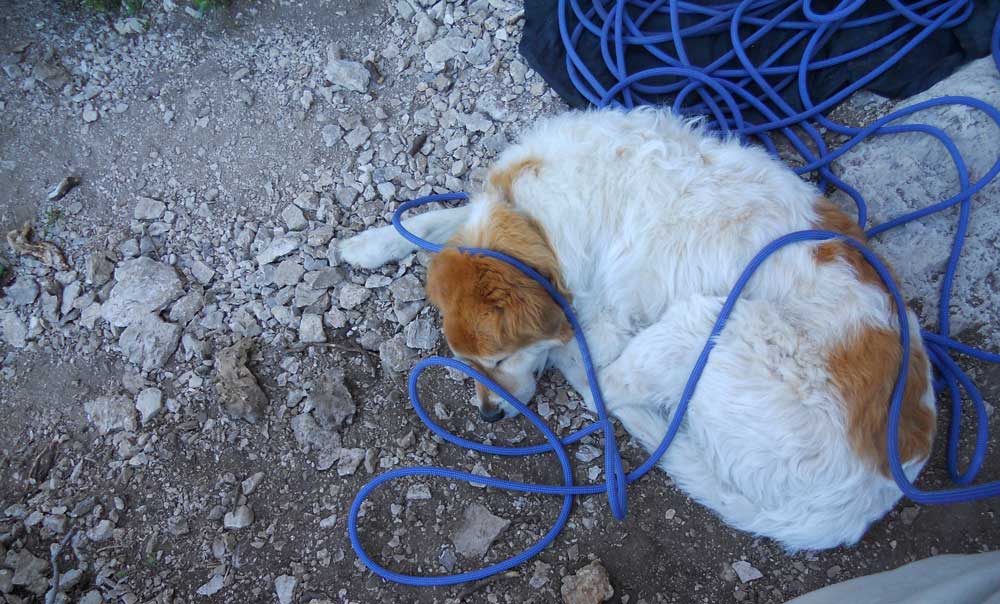
At High Trails Outdoor Science School, we literally force our instructors to write about elementary outdoor education, teaching outside, learning outside, our dirty classroom (the forest…gosh), environmental science, outdoor science, and all other tree hugging student and kid loving things that keep us engaged, passionate, driven, loving our job, digging our life, and spreading the word to anyone whose attention we can hold for long enough to actually make it through reading this entire sentence. Whew…. www.dirtyclassroom.com
- https://www.reference.com/health/five-components-physical-fitness-e9f8e48163dd855 ↩
- https://www.climbing.com/people/out-on-a-ledge-the-mental-health-benefits-of-climbing/ ↩
- https://www.huffingtonpost.com/2014/08/30/health-benefits-rock-climbing_n_5708847.html ↩

Comments are closed.